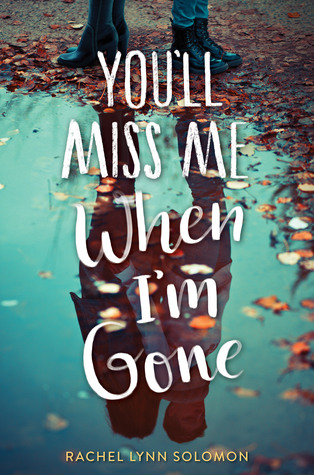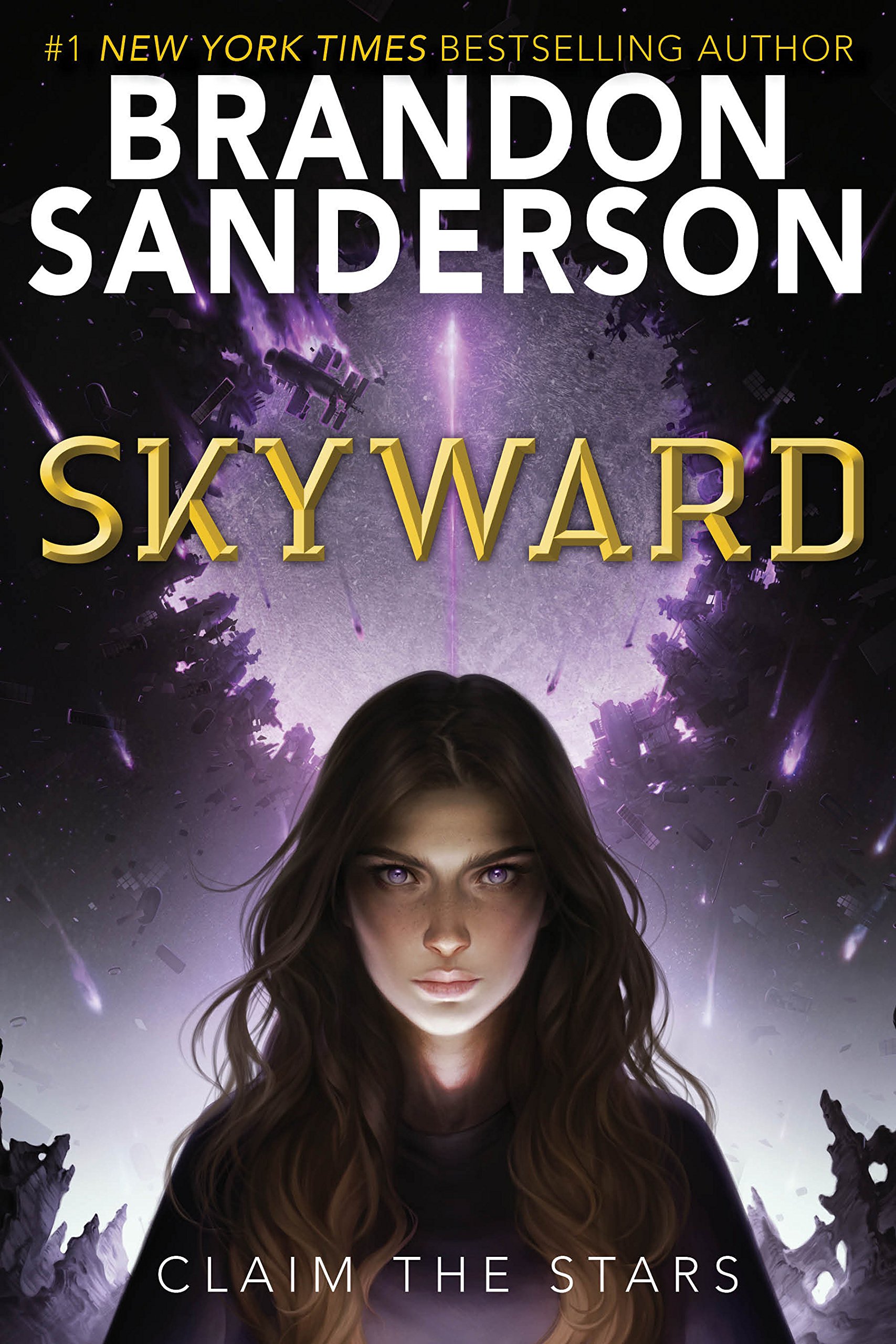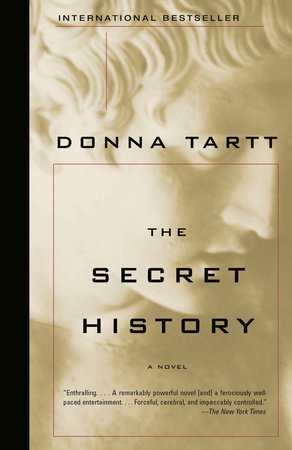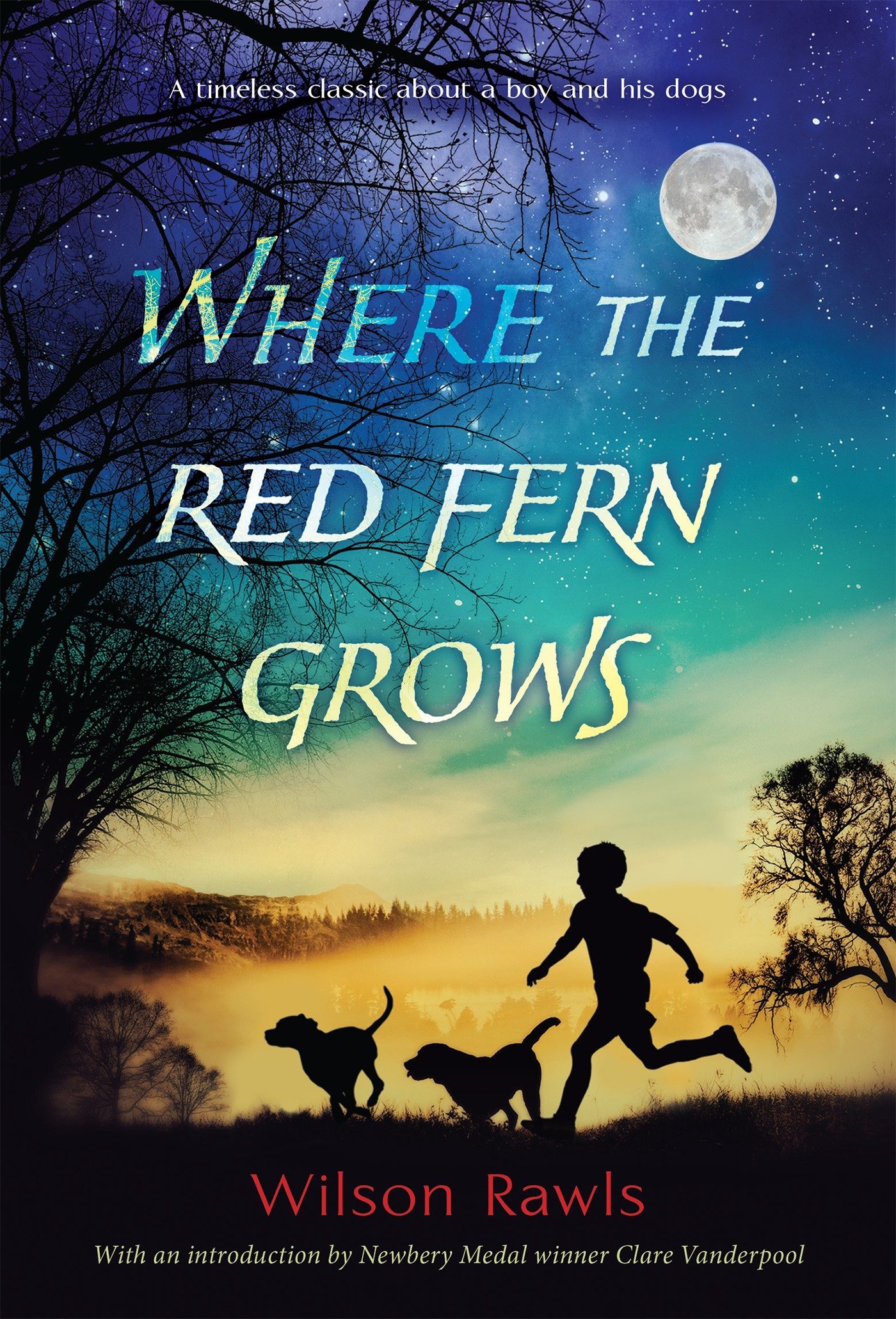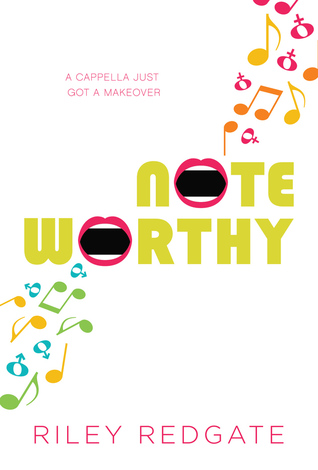
Rating: 4 stars
Cue: a very interesting mix of Mulan, Pitch Perfect, and Ouran High School Host Club. This book was a lot of fun! More importantly, it was a really good balance between the fluff/humor and dealing with the serious topics seriously.
Let's start with the fluff. We've heard the story's premise a thousand times before: A girl, for some reason or another, ends up having to disguise herself as a boy so that she can join some super-secret all-boys no-girls-allowed uber-prestigious club. The thing I like about this rendition is that our main character, Jordan (or Julian, when she's a boy), is humorous and fun as herself. The author made her her own, interesting person, avoiding the typical feeling of "as a girl she was drab and annoying, but as a boy she's so interesting!". Although we see Jordan grow throughout her semester of cross-dressing, we still get the feeling of light-hearted high school misadventures that are necessary for a YA contemporary.
While the premise has been done before, the other thing I really appreciate here is the confrontation of gender roles and the effects Jordan's actions have on the LGBT community. At multiple points in the novel, Jordan has to confront her decisions to mislead her new friends, and the world as a whole. She feels guilt at how she makes light of cross-dressing when it is so important to transgender individuals, she feels shame at faking as a gay guy when her best friend uses her "homosexuality" to find comfort in his own, she feels confusion at the confidence and flippancy she feels as a boy that she couldn't get to as a girl. She confronts the societal roles of teenage girls versus teenage boys a lot.
What did it say that I'd gotten so addicted to my male disguise? If girlhood felt frustrating, and boyhood felt freeing, did that say more about girlhood, boyhood, or me?
In addition to the positive things Jordan gains in her 3-month performance as a male, Jordan begins to understand the societal pressures put on men that don't exist for women. Sure, overall women have harsher realities (cue the period scene), but when Jordan reports malicious bullying and is told to "man up", she can empathize with the toxic masculinity society forces onto young men.
Jordan's act also helps her come to terms with her own sexuality. She has just emerged from a suffocating heterosexual relationship, and being around guys, and people who accept her as something she isn't, helps her accept herself as the person she is. She opens herself up to experimentation. Even though Jordan spends a lot of time in the book deceiving others, she also spends a lot of the internal monologue developing as a character. She is constantly asking herself, "What does this mean?", "Is this okay?", and "Am I the person I used to be, or if not, do I like the person I'm becoming?". I was very satisfied with Jordan's responses to these questions by the end of the book.
This book had great diversity, but it also doesn't wave it in your face. Our main character is Chinese-American and lower socioeconomic status, and she confronts her own history and circumstances with candor, without using it as a way to make her more interesting. We have a Sikh character who confronts both his religion and sexuality, and a school that doesn't bat an eye over issues of sex and sexuality. I already mentioned how Jordan feels guilt over how her cross-dressing might be disrespectful to members of the LGBT community, like she's using someone else's identity as a convenient shield to hide her own identity behind, and I just really appreciated that recognition and awareness throughout the book.
This is a really good book to read if you love diverse contemporaries, and I think that after the popularity of Pitch Perfect, this would make a great film too.

